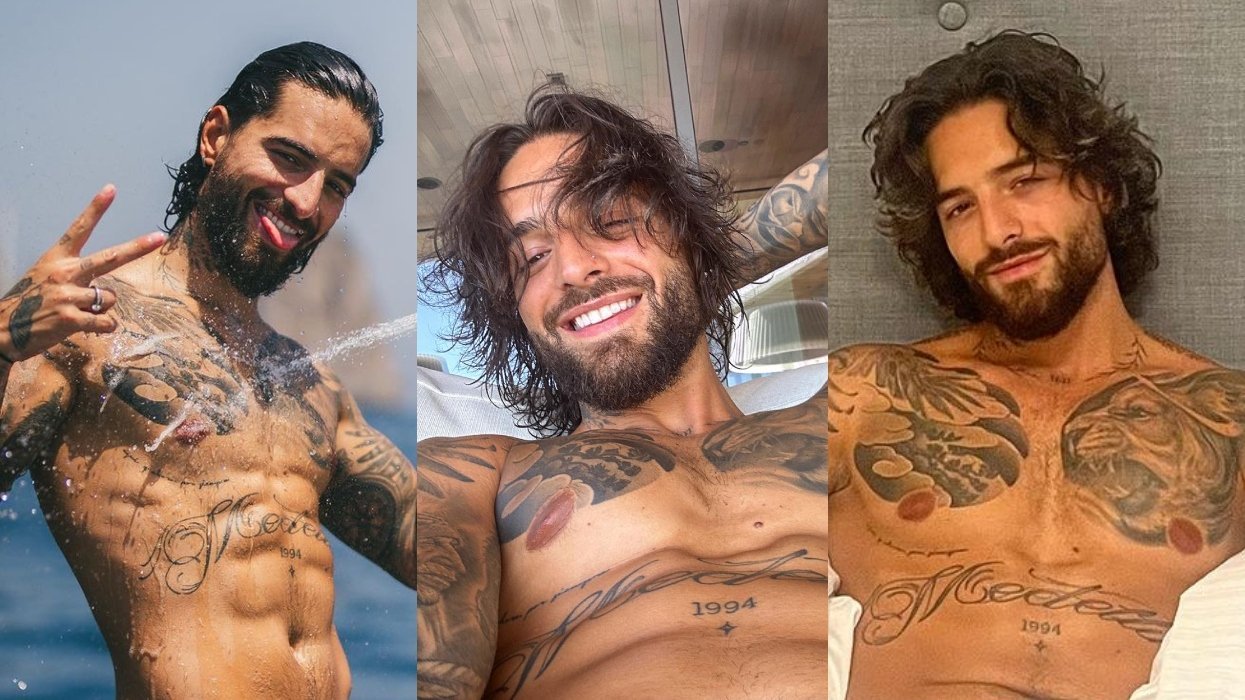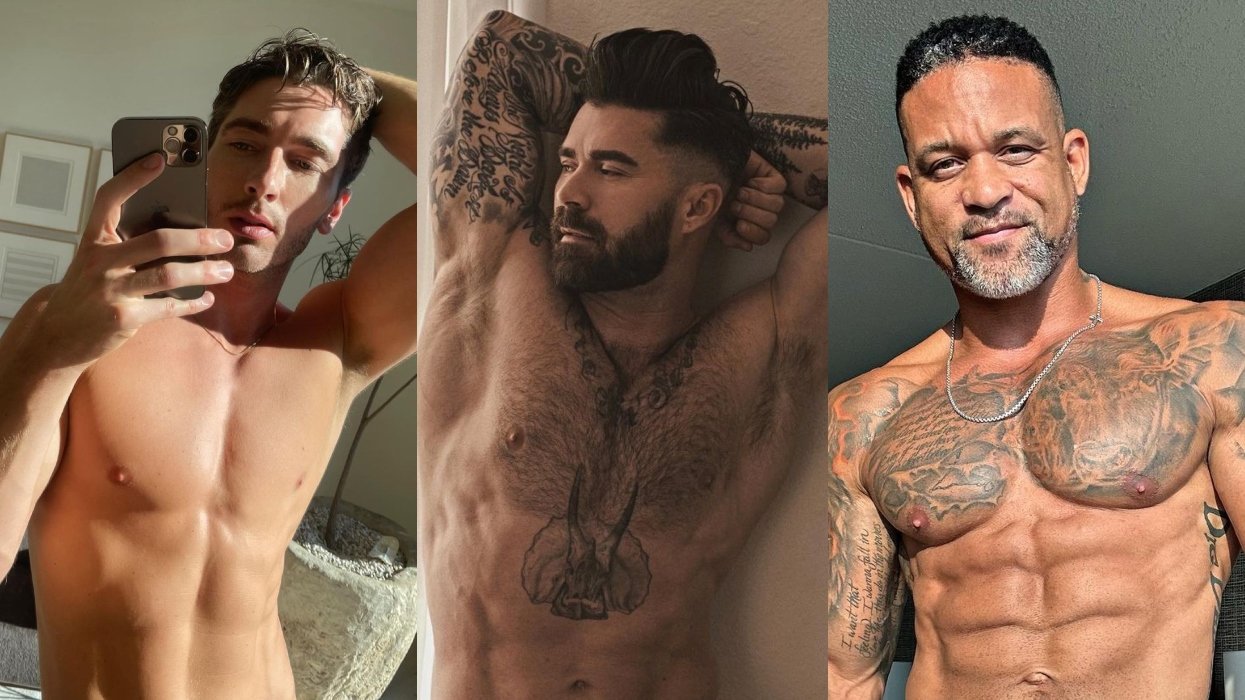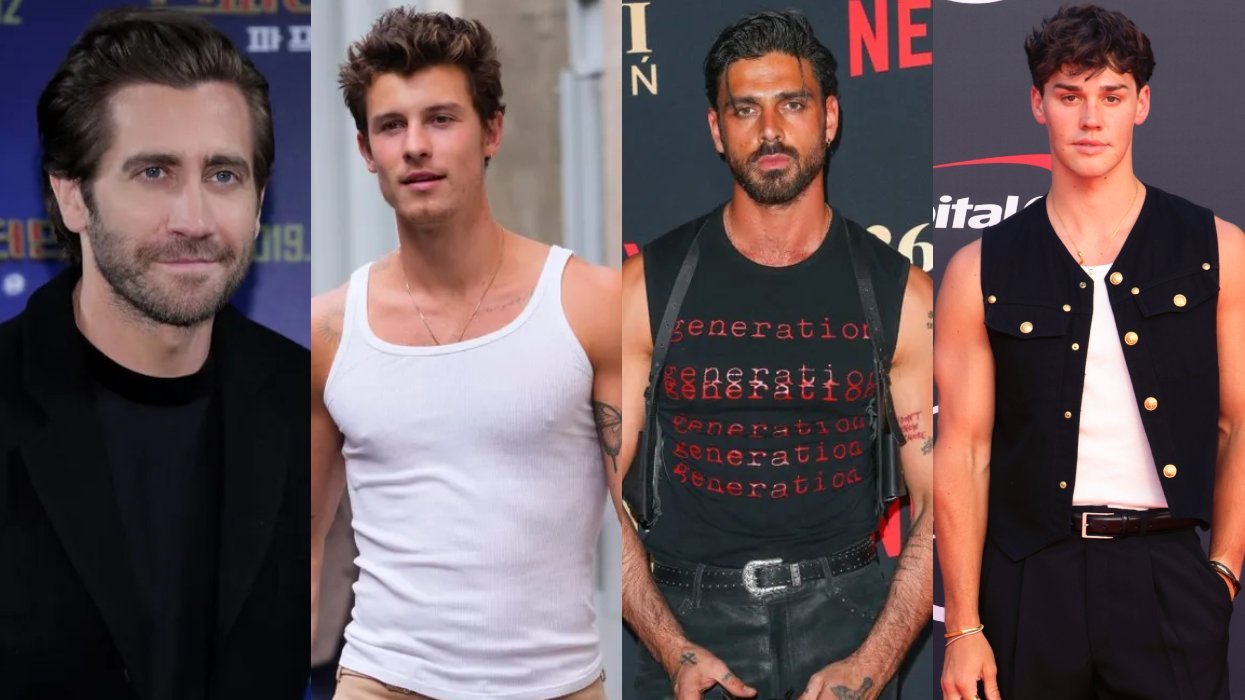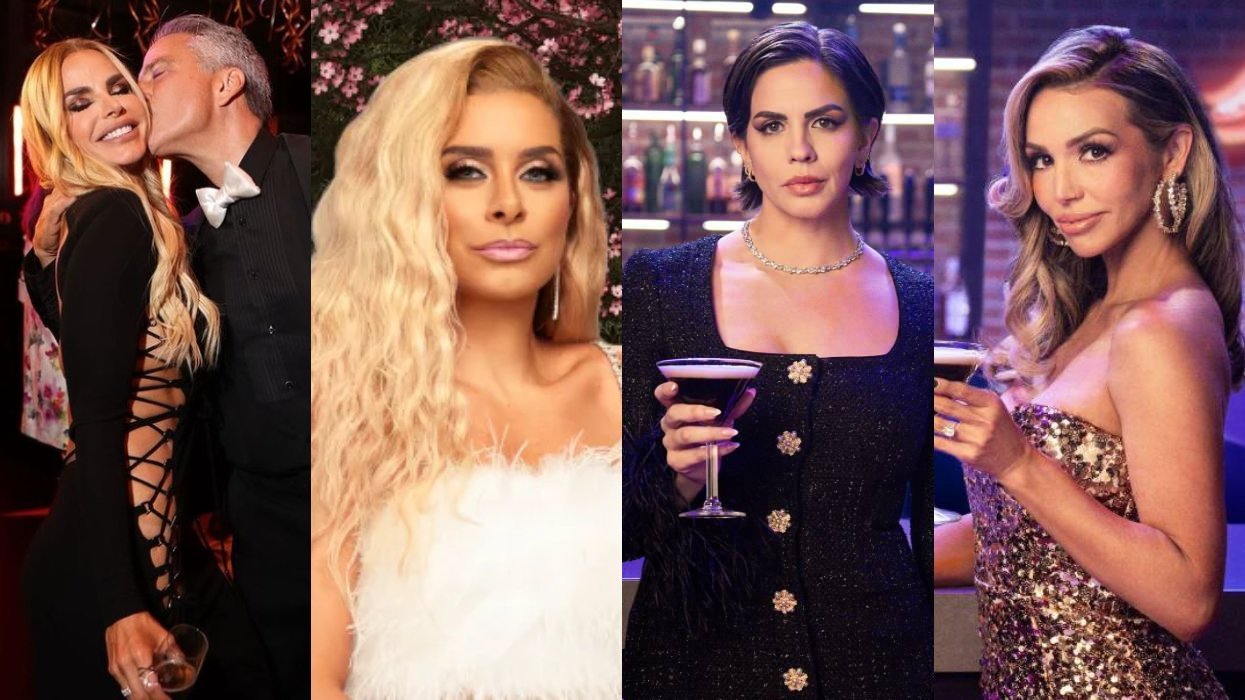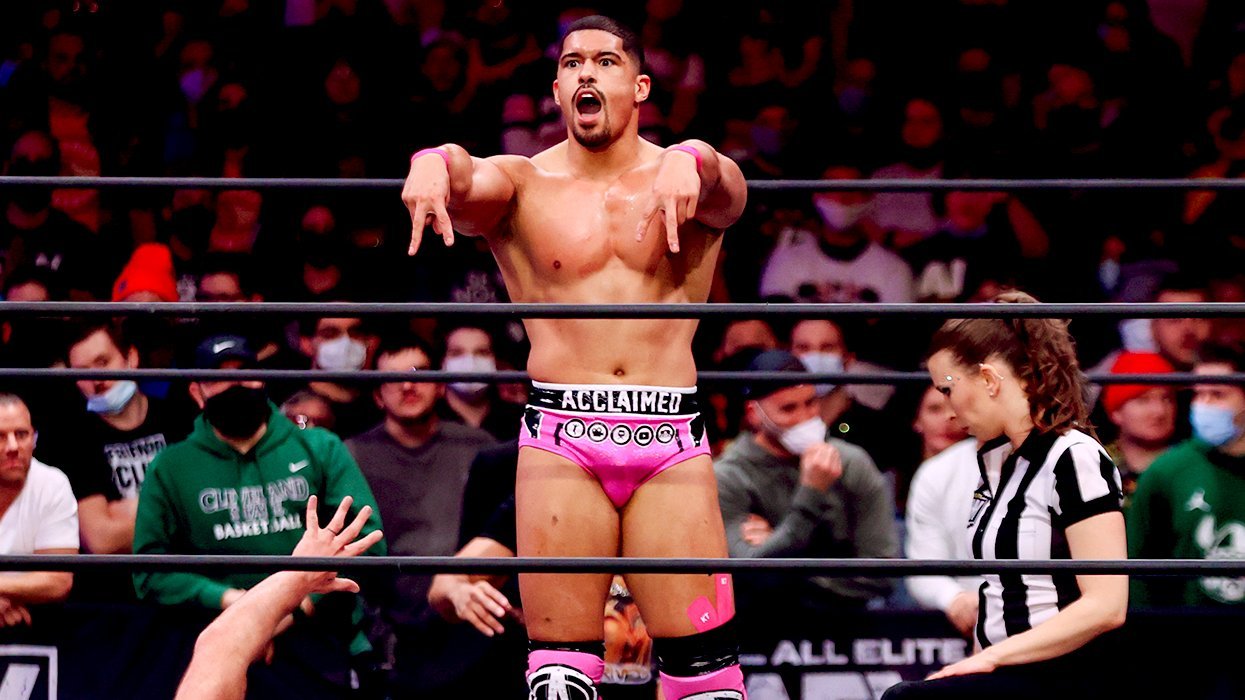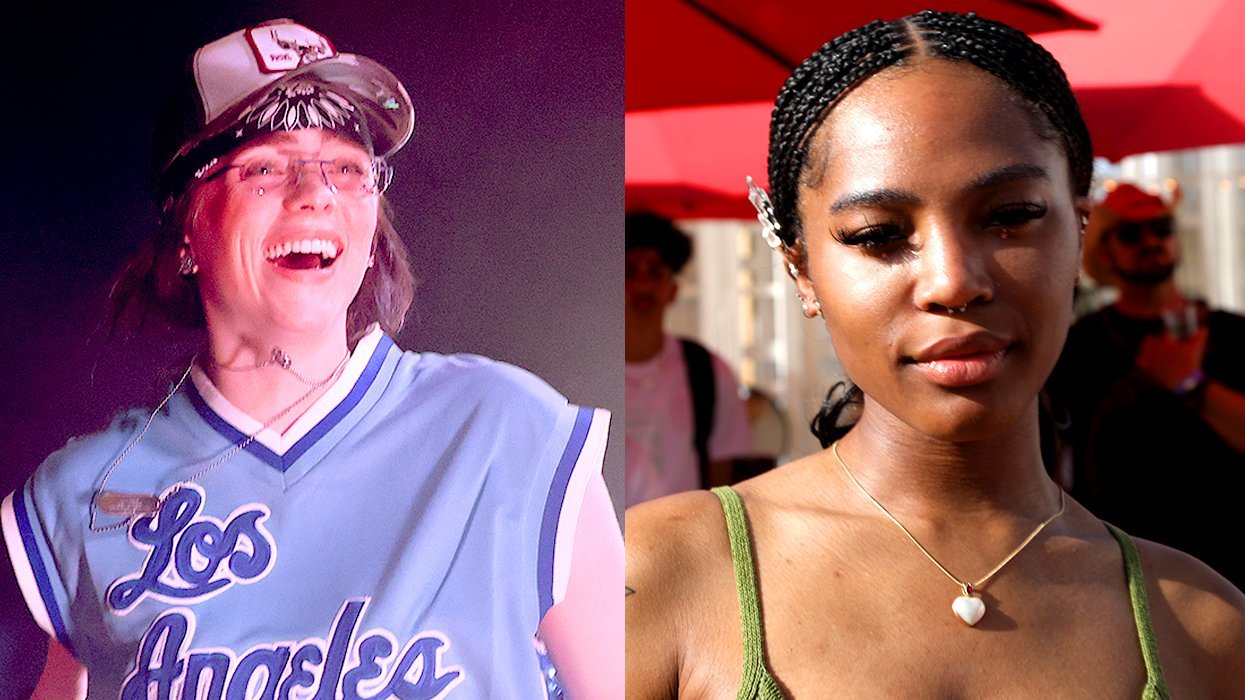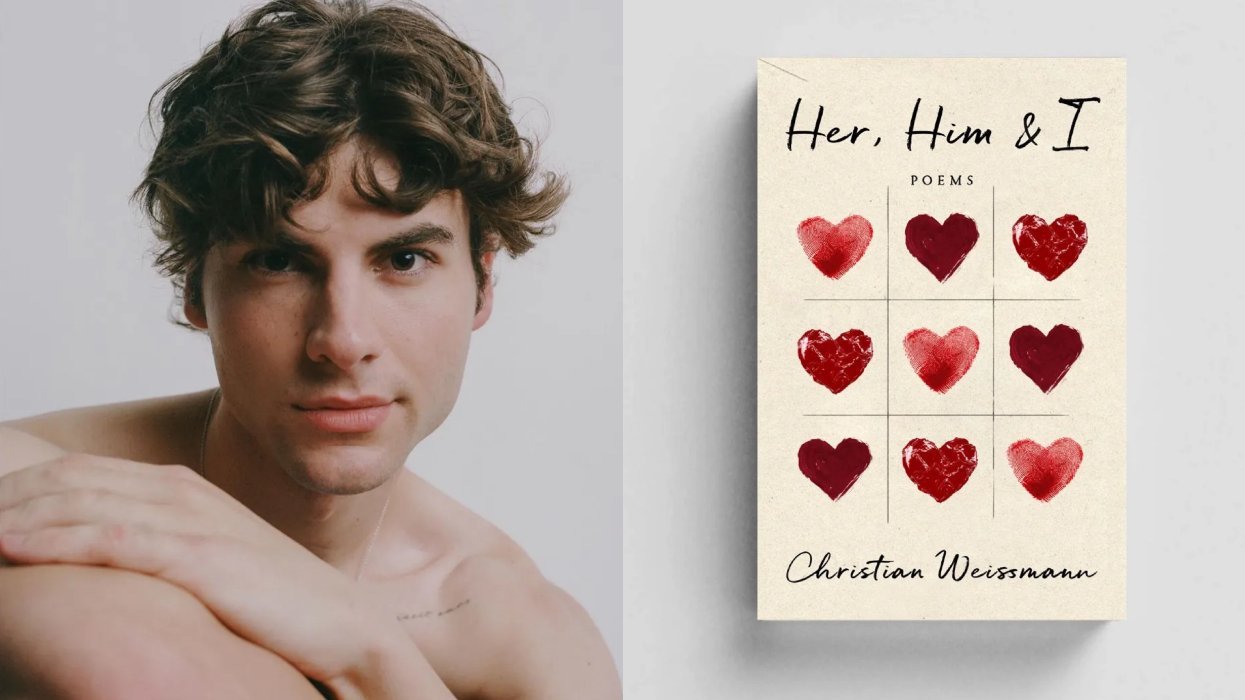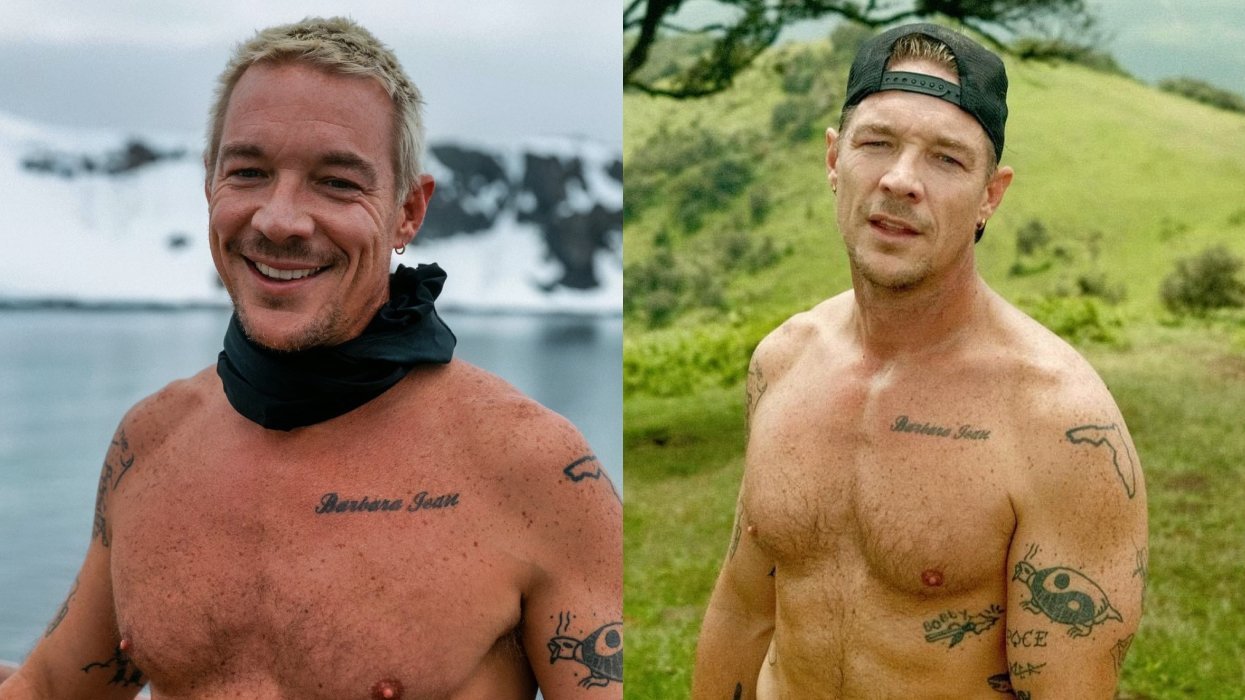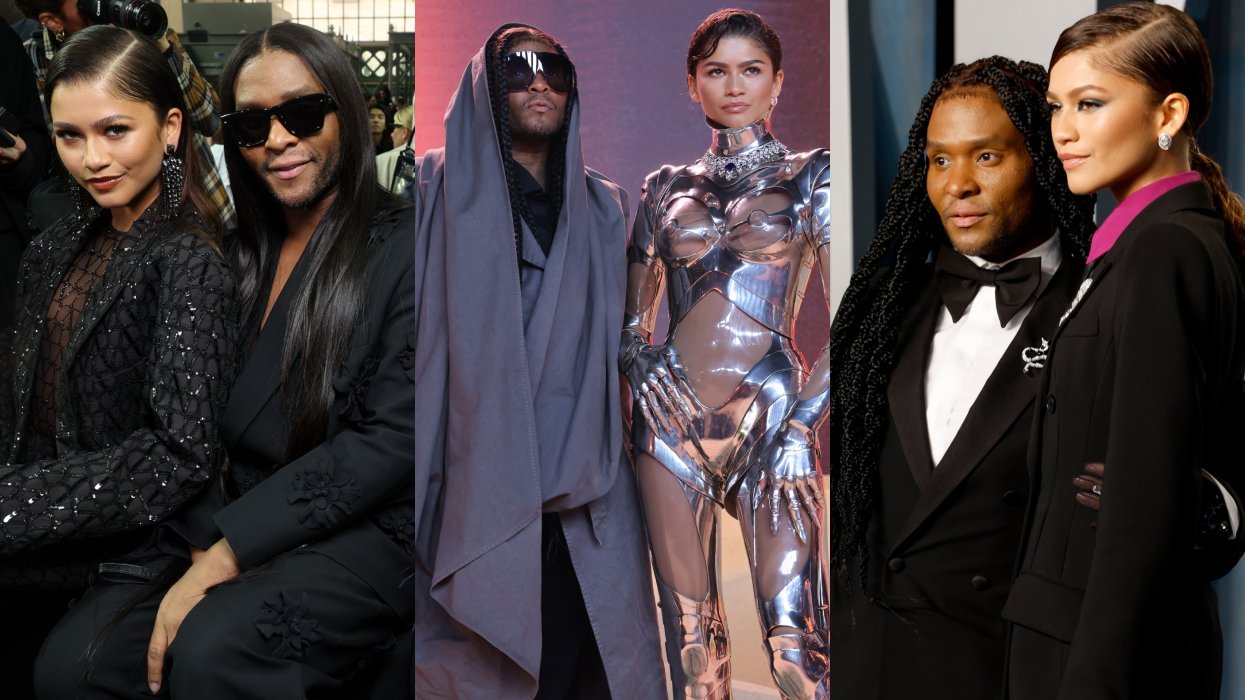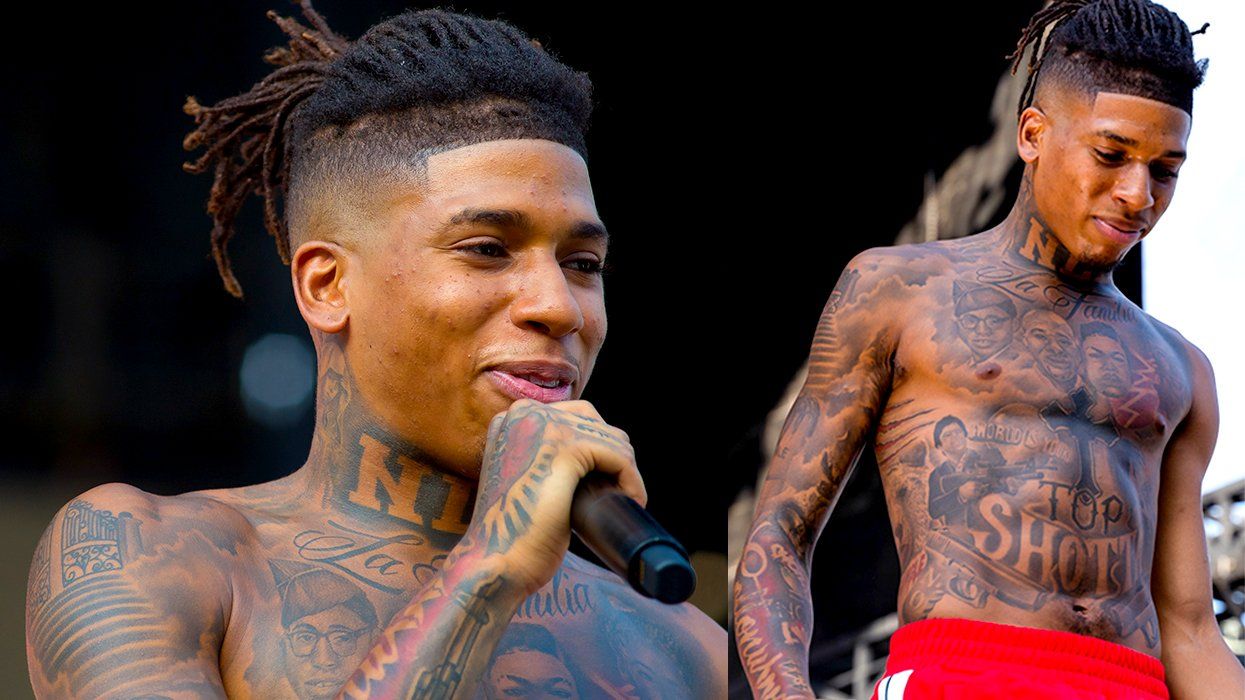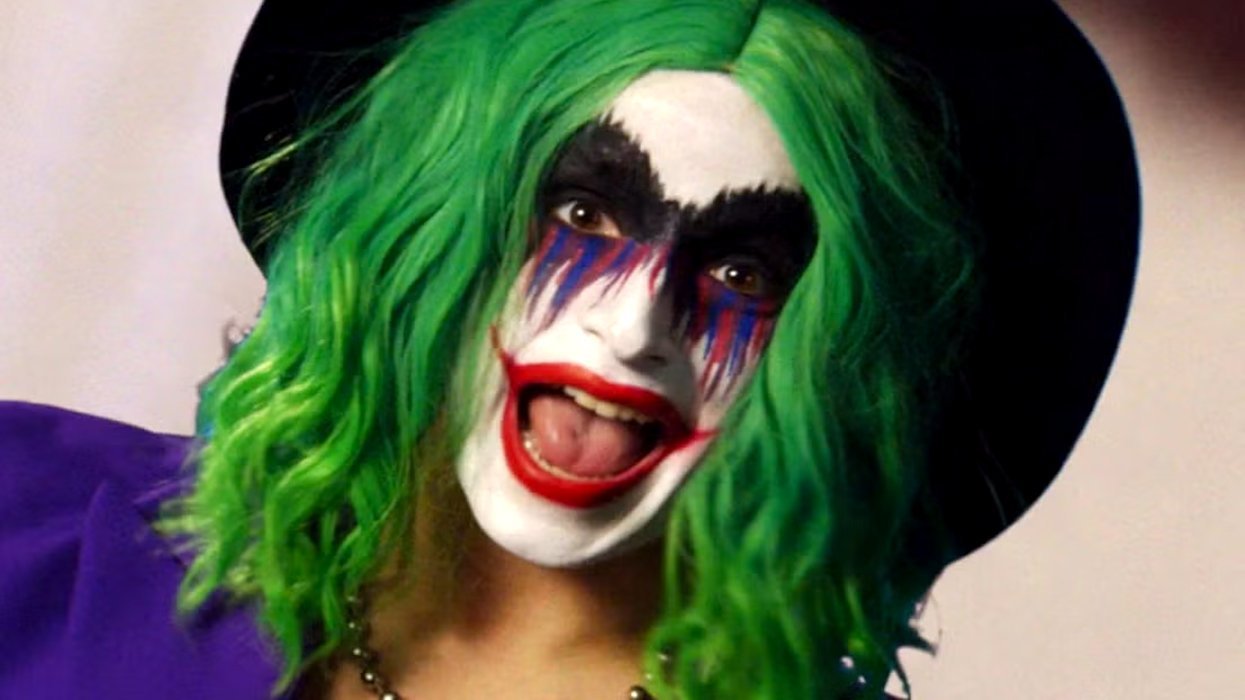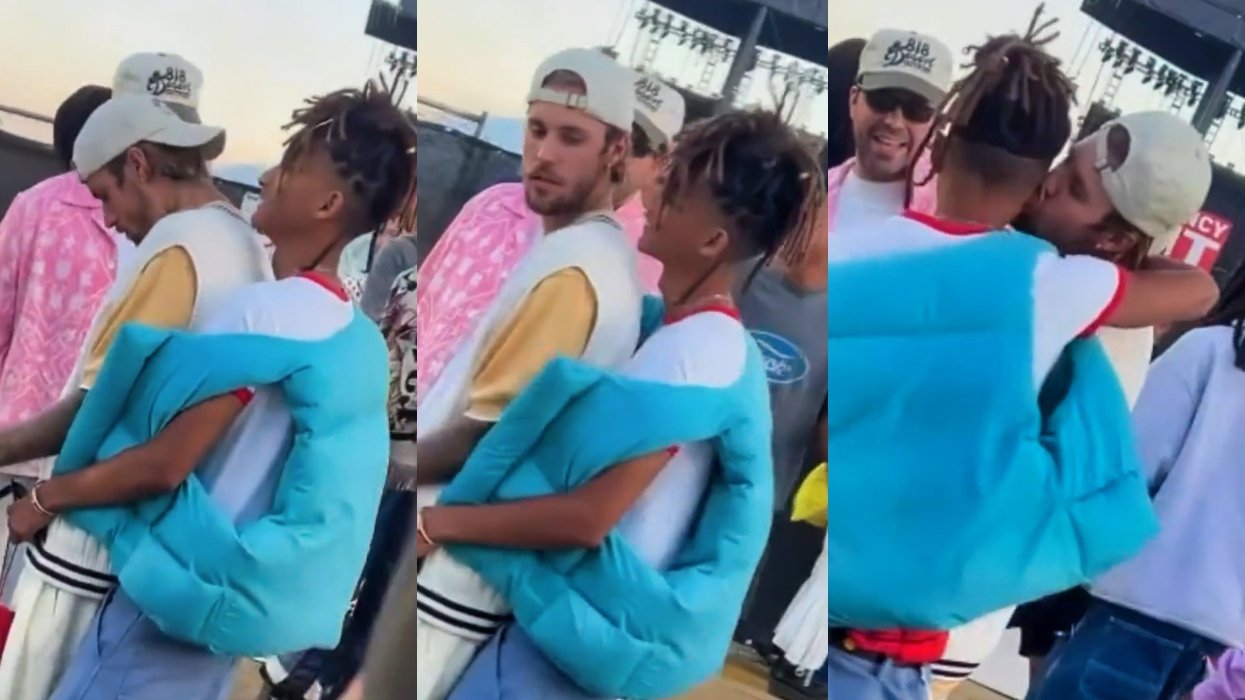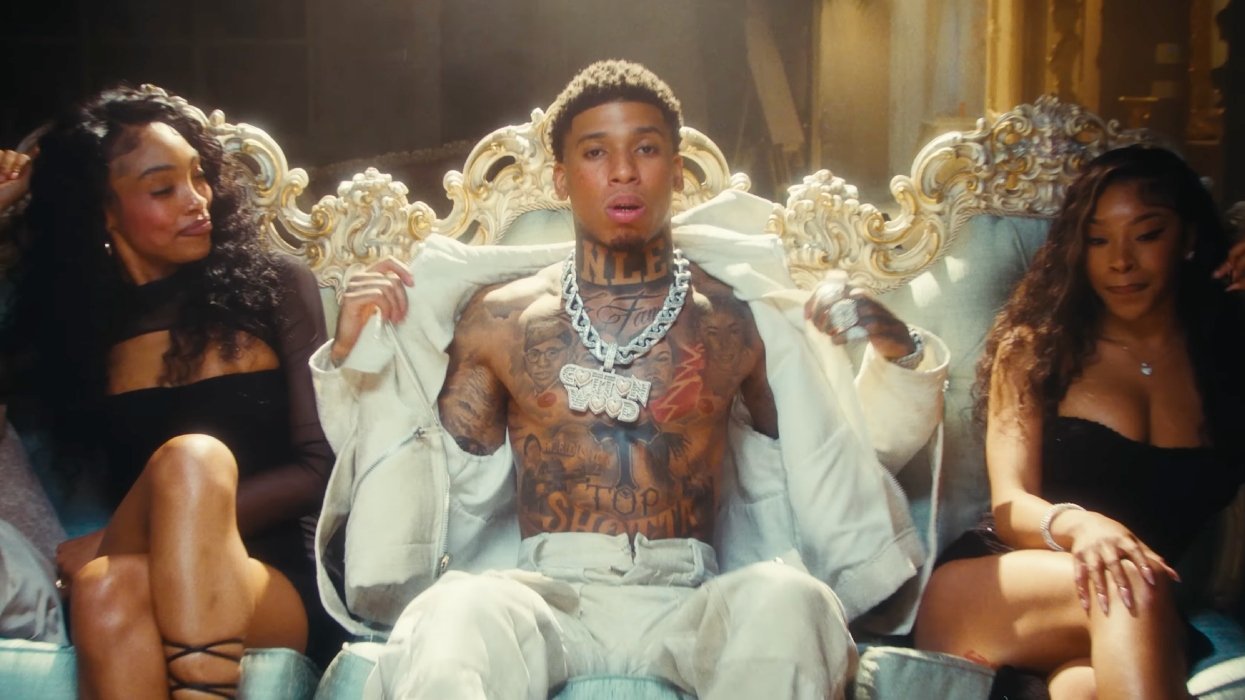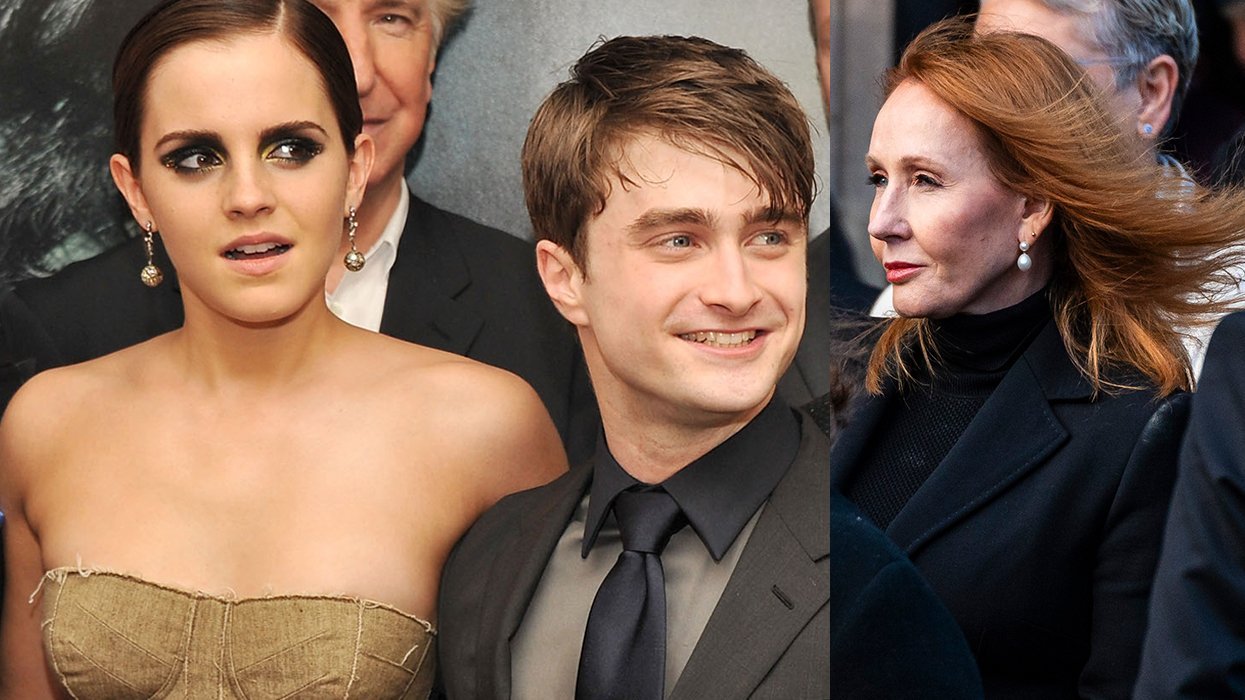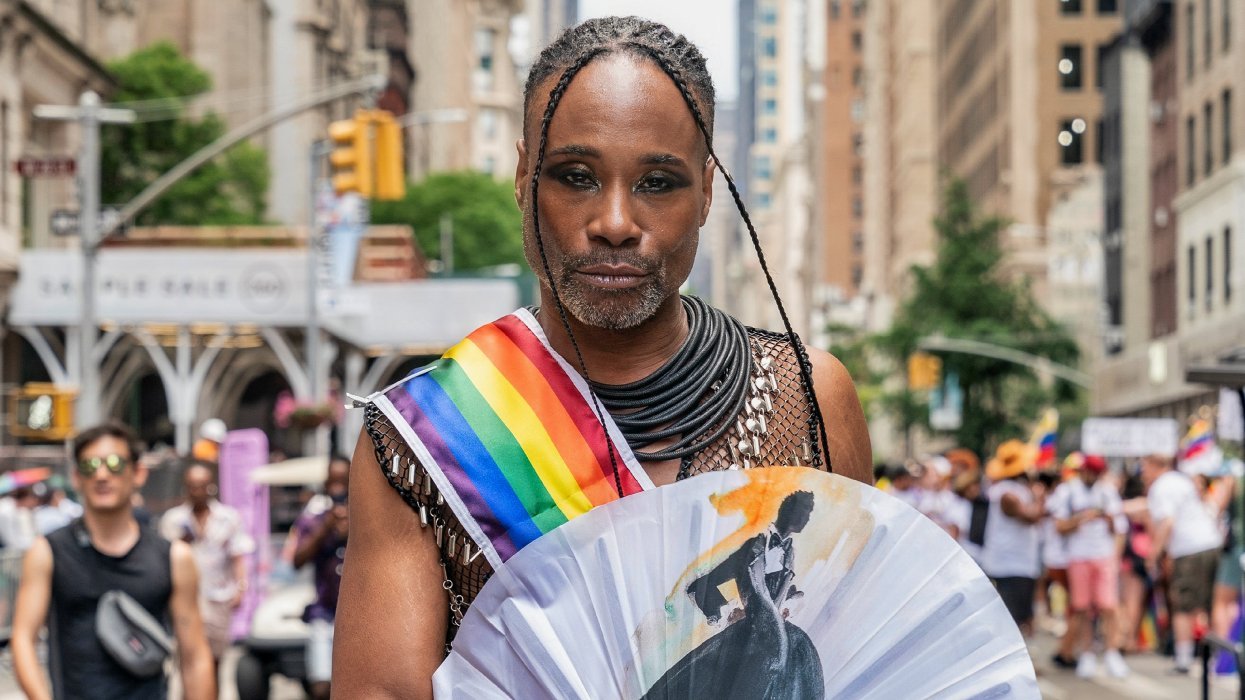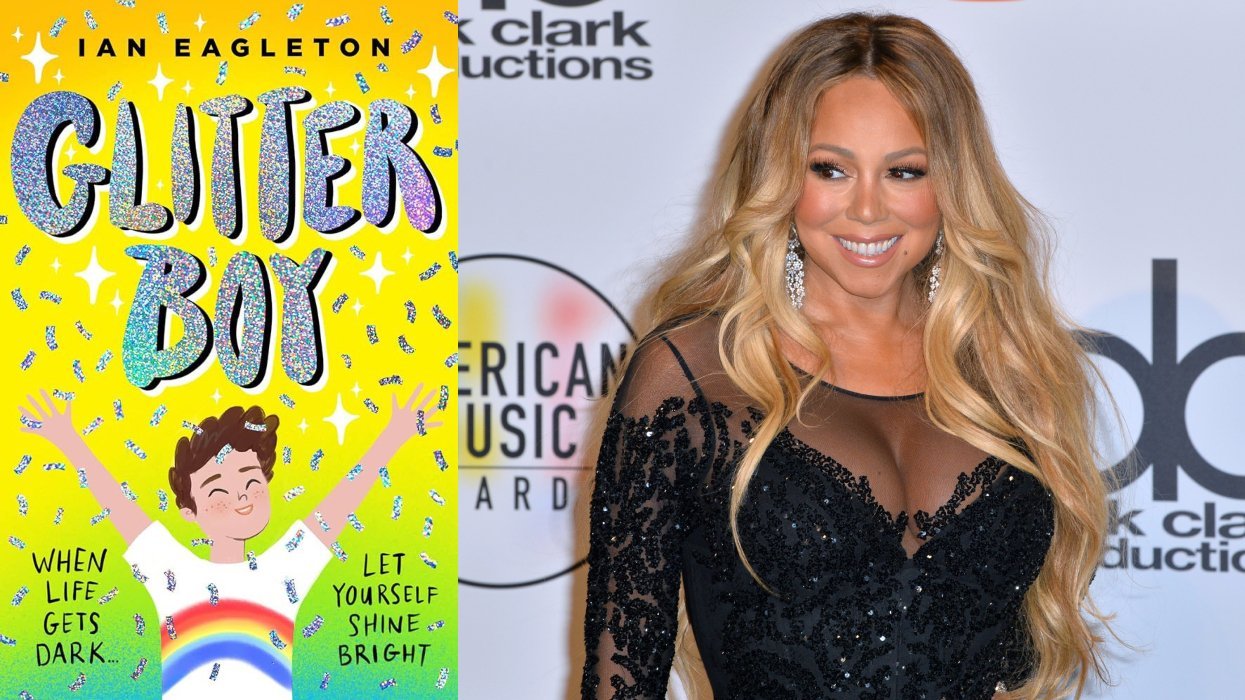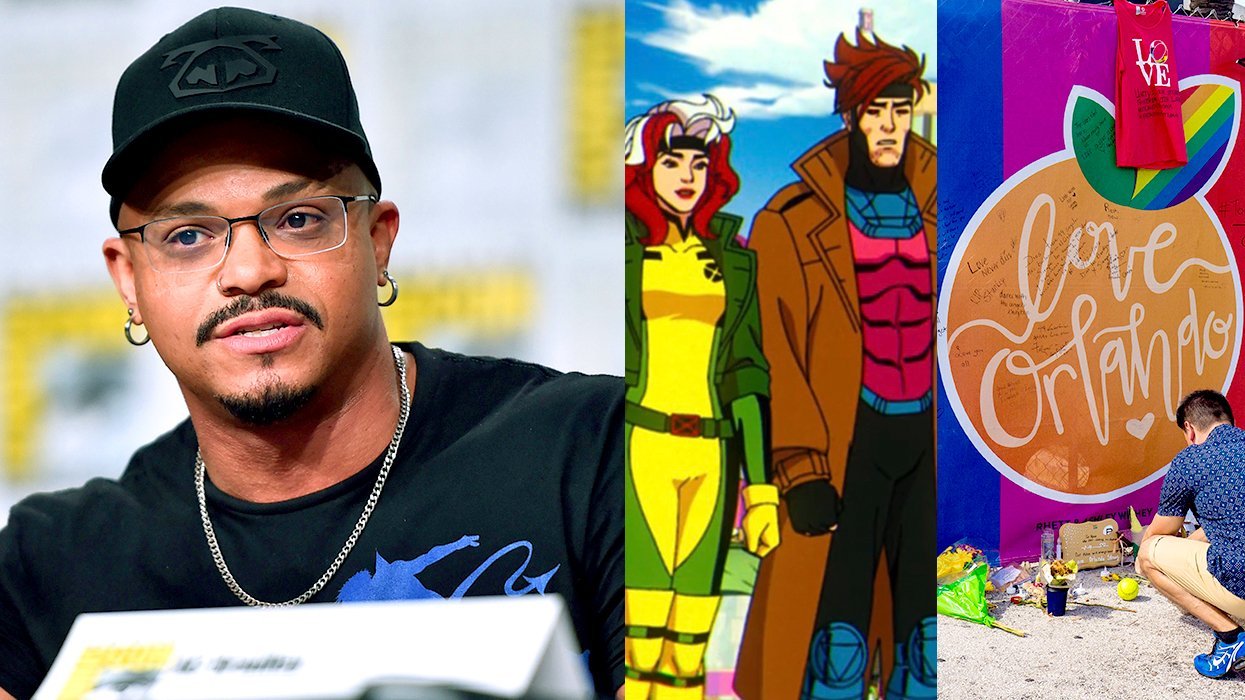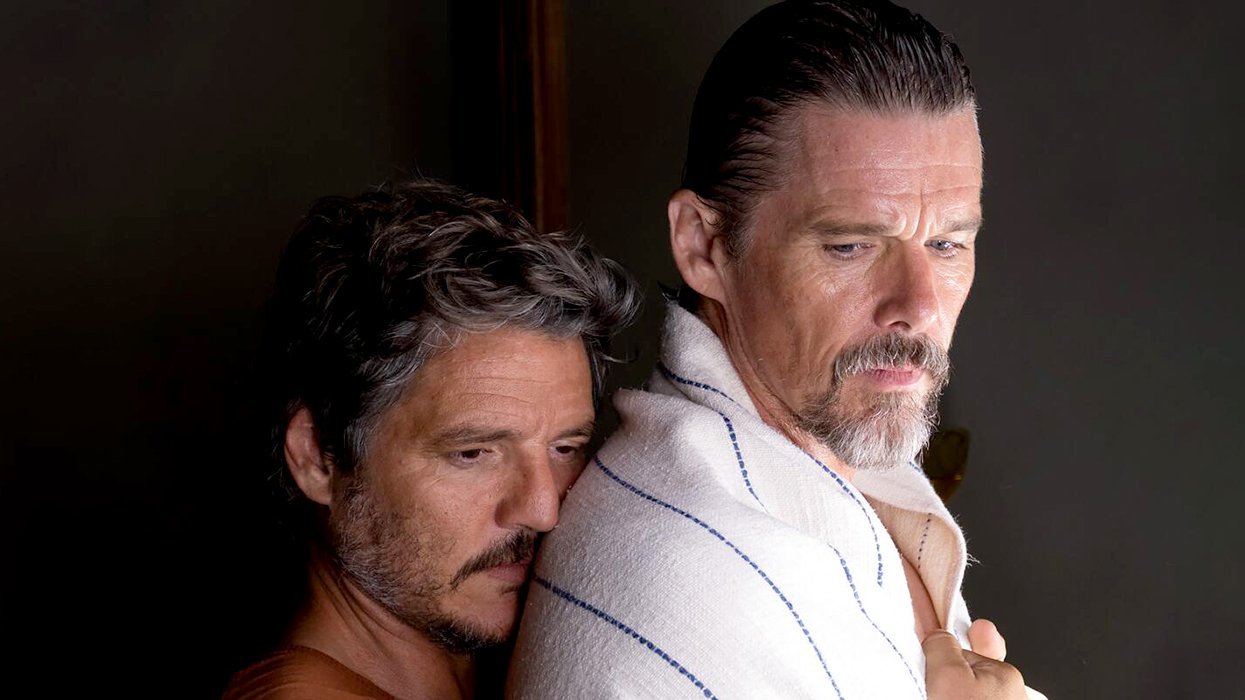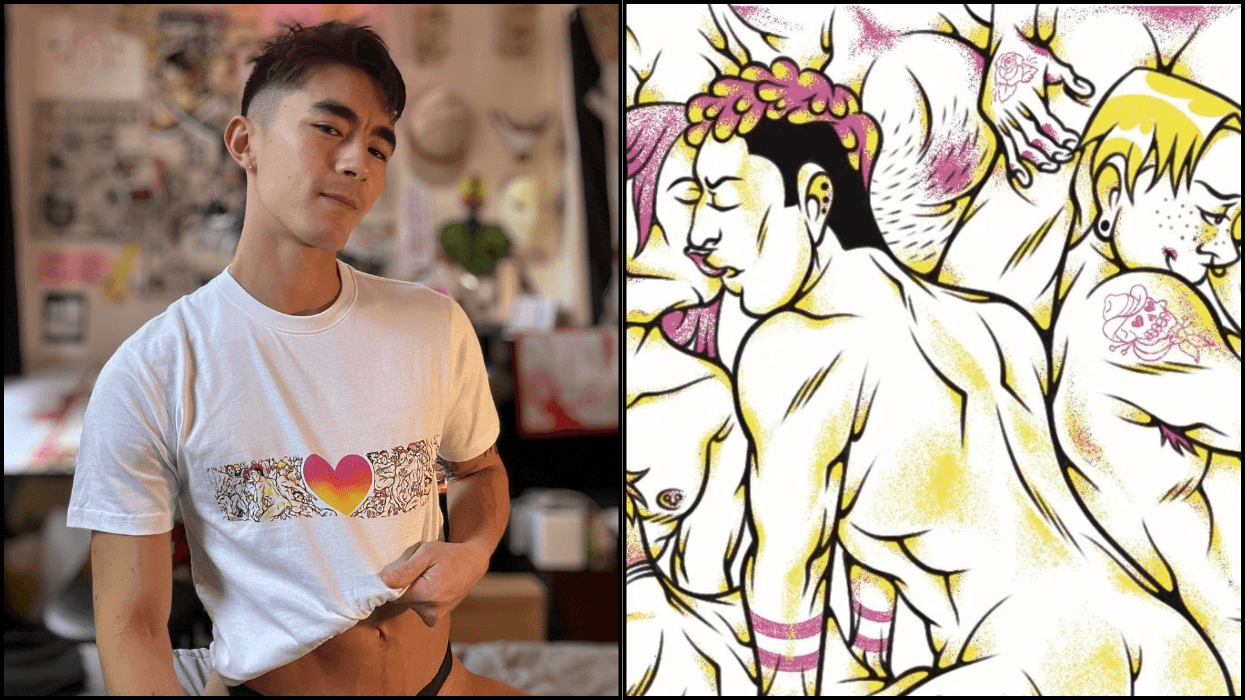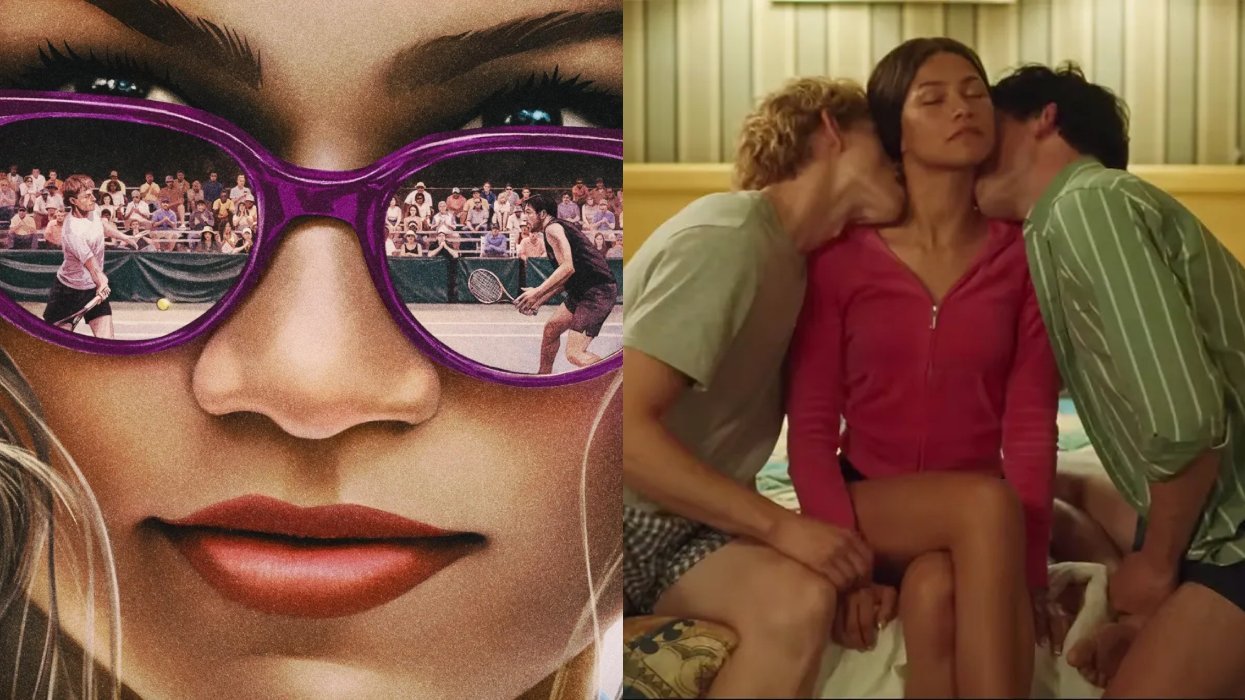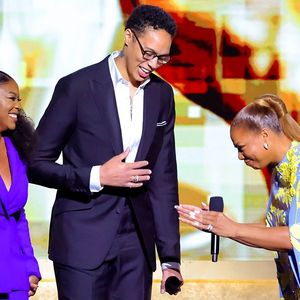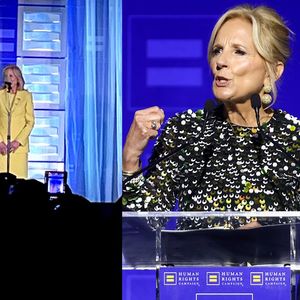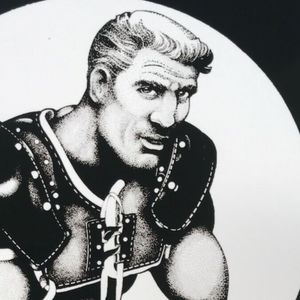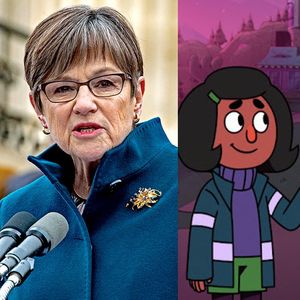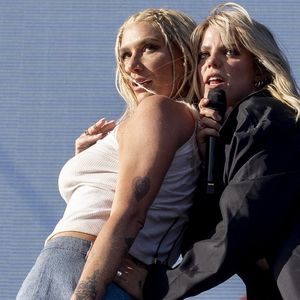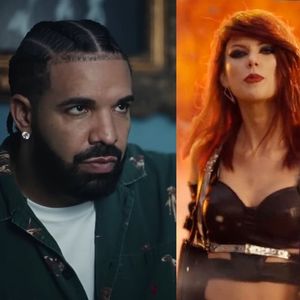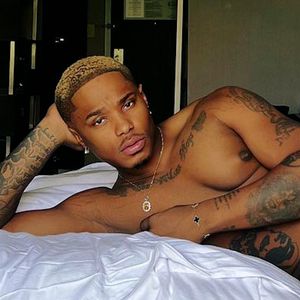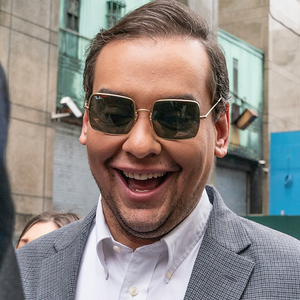Queer rap: It's a tricky term that defined 2012, with the emergence of musicians like Le1f, Mykki Blanco, Zebra Katz, Cakes da Killa, and the duo House of LaDosha. These are openly gay artists working within the genre of hip-hop, where their aesthetics and lyrics are explicitly deviant and consciously provocative. Of course, "queer" is not a genre, rap is; words don't have sex, the people who write them do. But whatever we call it, we can't deny the trend of legitimate talent on the margins of sexual identity appropriating and subverting what has been an aggressively homophobic domain. These acts are part of a unique legion of mostly New York-based stars extending the challenge to conformism in 2013.
It's called "glam hip-hop," says Mykki Blanco, a.k.a. Michael Quattlebaum Jr., a poet and visual artist-cum-rapper who's probably making the biggest impression of the bunch. "I know the cross-dressing is what really piques people's interest because they're just like, 'a rapping drag queen?' " Blanco and company, along with female newcomers Azealia Banks and Angel Haze, have become associated with one another for little reason beyond their divergence from the hetero norm and penchant for spitting rhymes. The reactions haven't all been positive; Le1f's video for last summer's "Wut," featuring him crunking up against a half-naked male body, endured a barrage of discriminatory comments after he posted it on the popular blog WorldStarHipHop. Meanwhile, the collective urge to corral these artists under one "queer" banner has been criticized as just another form of exclusion and homophobia.
Contentious as they may be, queer rappers exist, people are talking about them, and, as Blanco says, "Visibility matters. When you see someone playing with gender or who's gay -- or you see an effeminate man and it appears that he's upwardly mobile -- that sends a message." What that means for the future of hip-hop, specifically the dominant culture around it, is anyone's guess. Blanco and Katz are still comparatively on the fringes of the pop world, and artists like La Dosha's Dosha Devastation and Venus X of Ghe20 Goth1k prefer to stay underground. On the flipside, major-label signee Banks's recent homophobic slurs directed toward Perez Hilton make her a problematic ambassador.
Not to say there isn't hope -- it just might take a little time. "I genuinely believe that, in the 21st century, the feminization of society is going to be a big cultural shift," adds Blanco. "The world just exists under so much fucking patriarchy. It doesn't even have to go the other way -- we just need a freaking balance."








